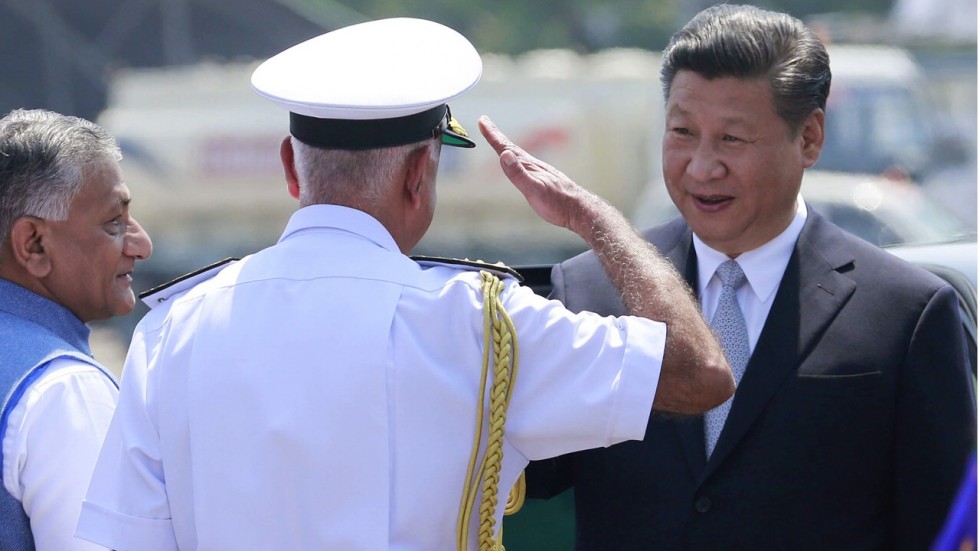
Brahma Chellaney, Professor, Center for Policy Research
Nov 30, 2017
Today, the specter of a destabilizing power imbalance looms large in the world’s most dynamic region. In this light, close strategic collaboration among the major democracies can help institute power stability in the Indo-Pacific region and contain the challenges that threaten to disrupt stability and impede economic growth.
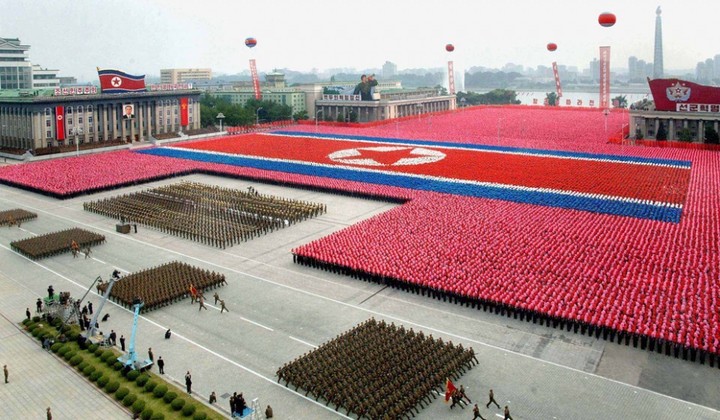
Doug Bandow, Senior Fellow, Cato Institute
Nov 30, 2017
U.S. officials sometimes appear mystified at Beijing’s refusal to enthusiastically adopt America’s perspective toward the Democratic People’s Republic of Korea. They should flip the situation around and think of Mexico. Would Washington accept a Chinese demand that might cause the collapse of the Mexican government, creating the possibility of civil war, loose nuclear weapons, humanitarian crisis, and mass refugee flows?
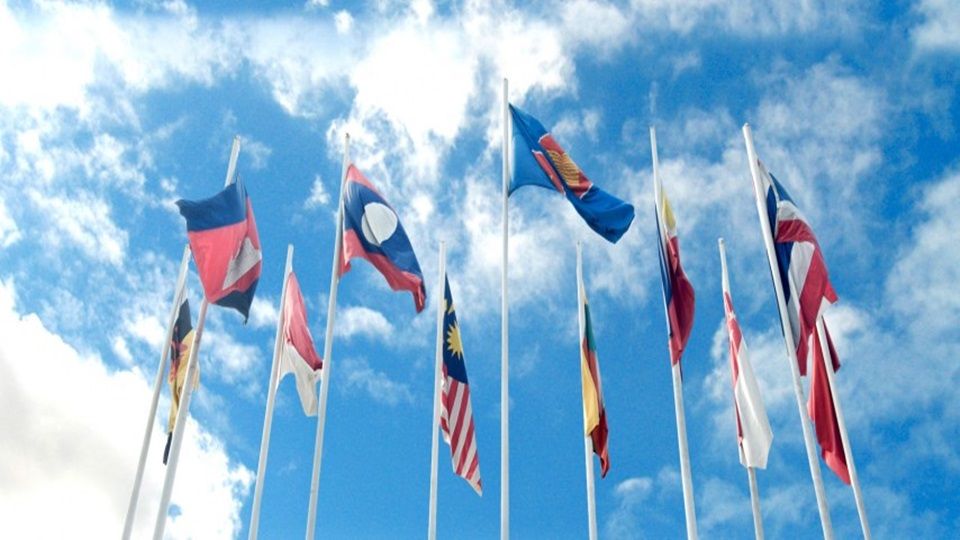
Zhai Kun, Professor at School of International Studies; Deputy Director of Institute of Area Studies, Peking University
Nov 29, 2017
A reasonable progression could be from a “neighborhood community with a shared destiny” to “an Asia-Pacific community with a shared future”, to a “community with a shared future for mankind”.
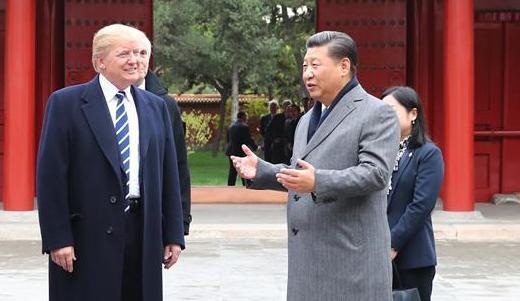
Shi Yinhong, Professor, Renmin University
Nov 28, 2017
Due to various causes, China’s strategic posture in East Asia and the western Pacific after Xi Jinping became China’s top leader again. However, China’s strategic behavior in the same region began to moderate as situation shifted both at home and internationally. This trend started even before Donald Trump’ election as the U.S. president.
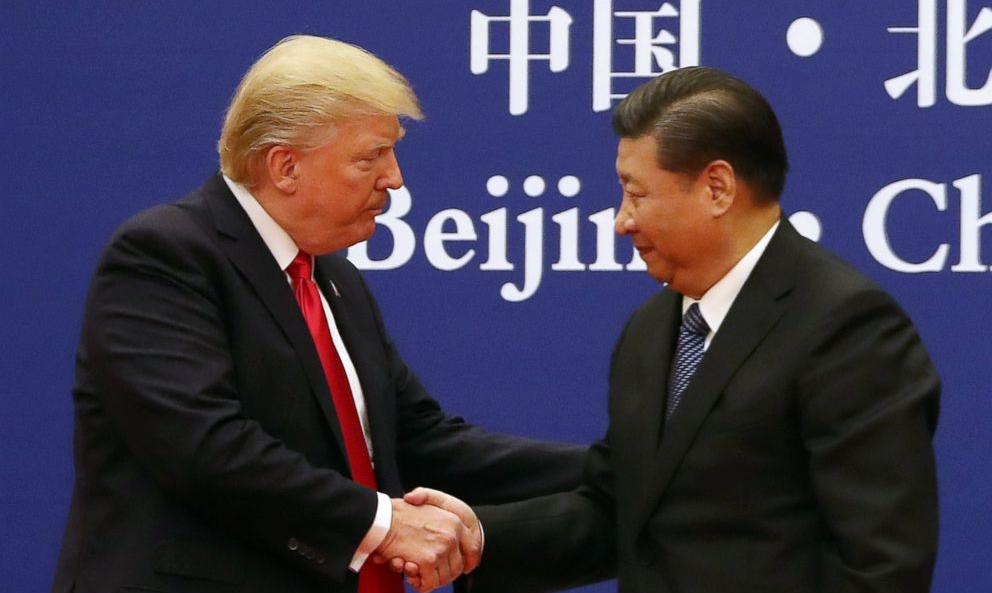
Da Wei, Director of Center for International Strategy and Security; Professor at Tsinghua University
Nov 24, 2017
China and the U.S. should seize on the positive momentum to build a stable long-term relationship.
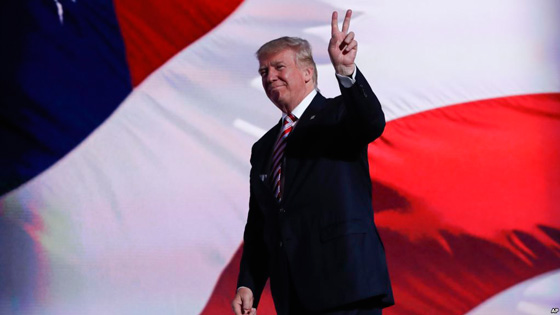
Nov 20, 2017
Trump's view that his visit to Beijing had led to a policy pivot was further undermined when on Thursday it was announced that China would stick by its "freeze-for freeze" proposal to de-escalate tensions on the Korean Peninsula.
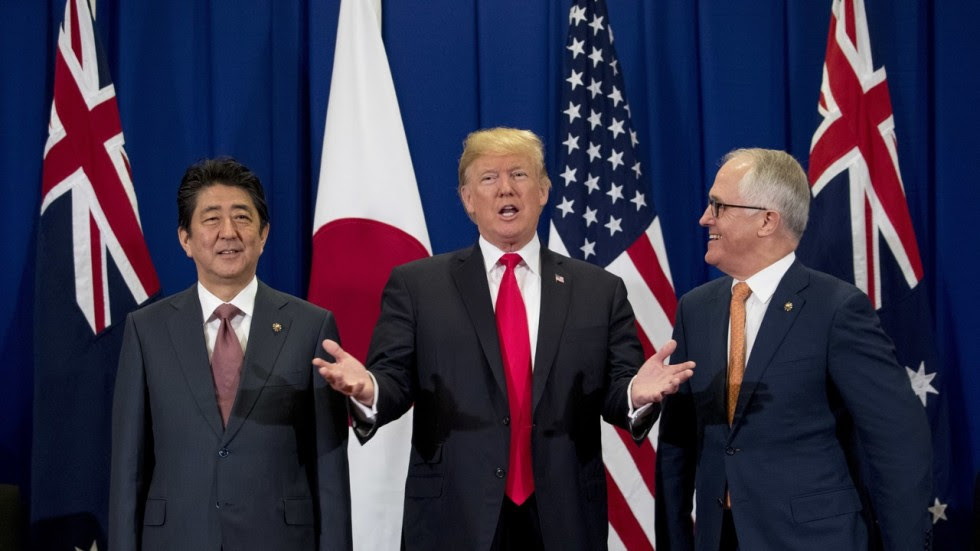
Nov 20, 2017
President Trump has faced persistent criticism for what many see as his administration's lack of an Asia policy, but during his trip to Asia, he hinted at what might become the seeds of a new American strategy: a focus on the "Indo Pacific" as opposed to the "Asia Pacific."
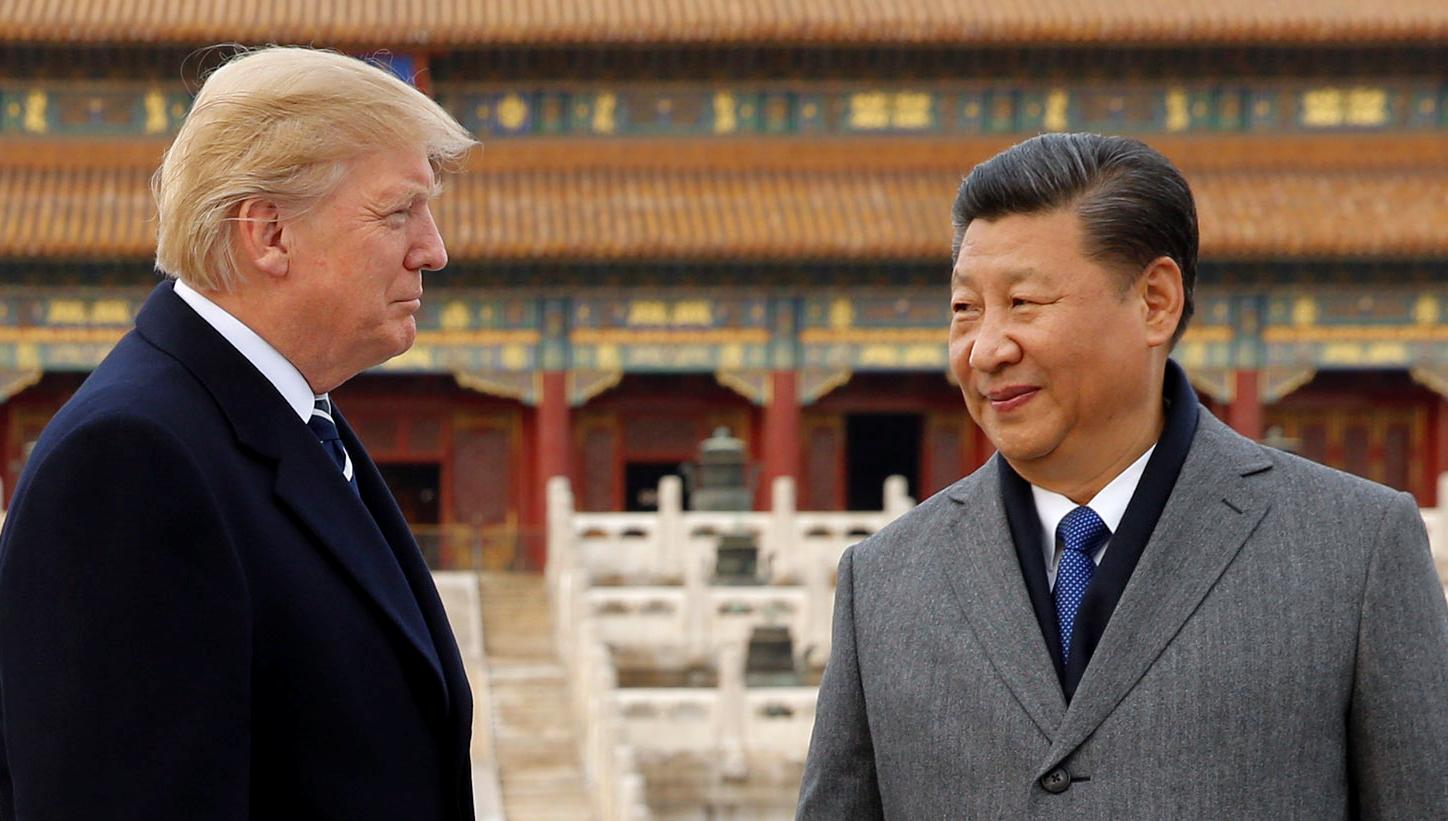
Mel Gurtov, Professor Emeritus of Political Science, Portland State University
Nov 17, 2017
The Chinese like to say, with considerable justice, that the strength of a country’s foreign policy depends on domestic politics. Here the contrast between the US and China is stark, and provides the essential background for understanding where the two great powers really stand. Whereas Xi has consolidated his power for the next five years—and some observers believe he might rule beyond 2022—Trump’s very legitimacy is in question.

Wu Zhenglong, Senior Research Fellow, China Foundation for International Studies
Nov 17, 2017
The US has proposed a quadrilateral security mechanism with Japan, India, and Australia to contain China. This initiative will fail.
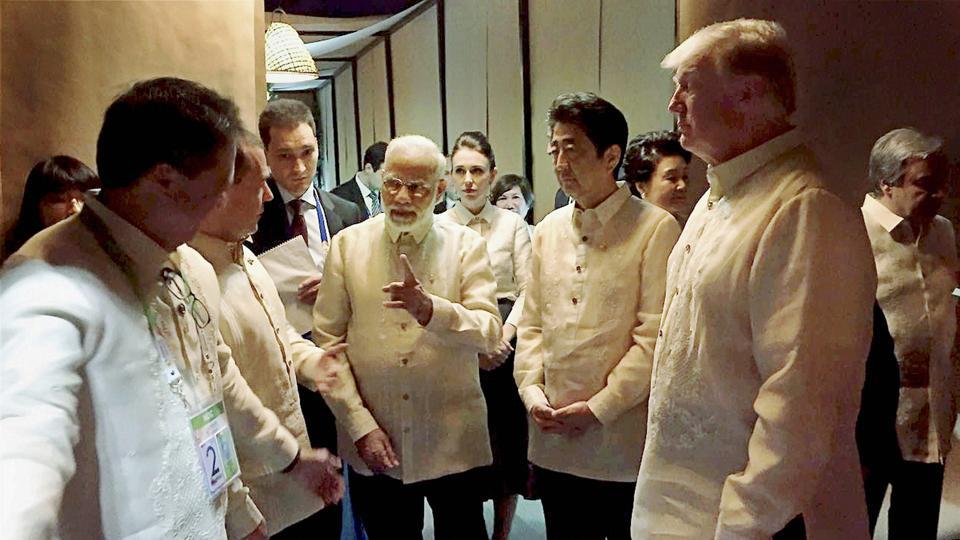
Su Jingxiang, Fellow, China Institutes for Contemporary International Relations
Nov 17, 2017
America’s attempts to contain China will fail, because, time and again, economics trumps politics.
Back to Top

- China-US Focus builds trust and understanding between the U.S. and China through open dialogue among thought leaders.
- Our Offerings
- Topics
- Videos
- Podcasts
- Columnists
- Research Reports
- Focus Digest
- Stay Connected
-
Thanks for signing up!
- Get the latest stories from China-US Focus weekly.